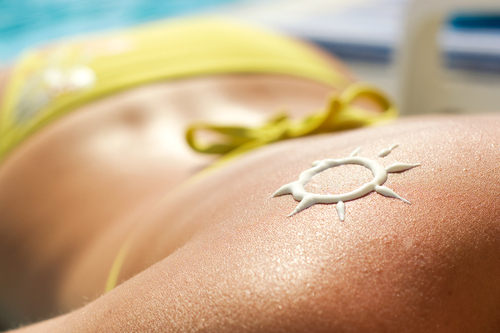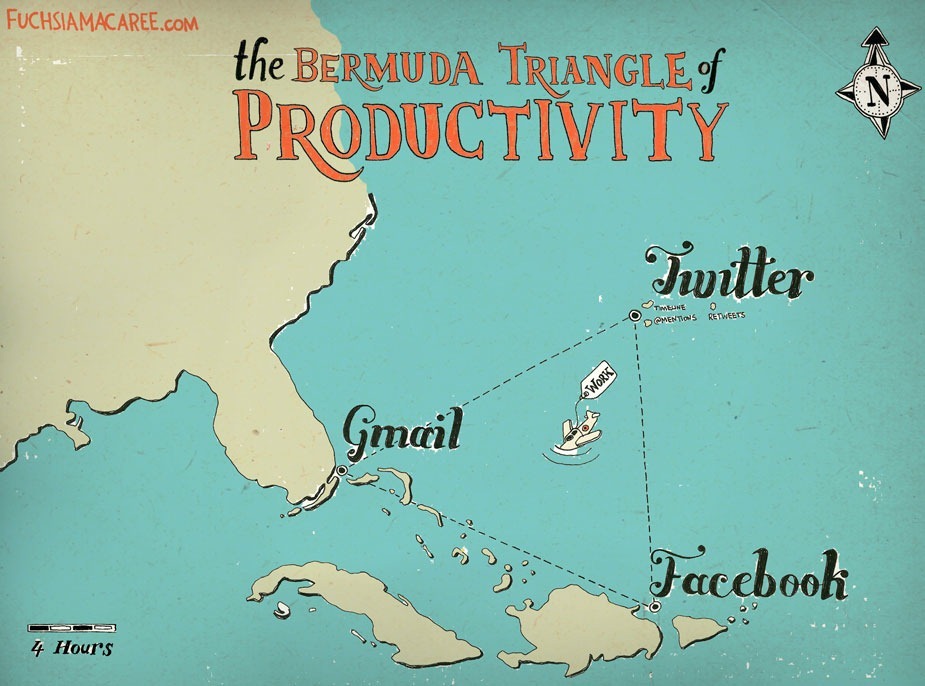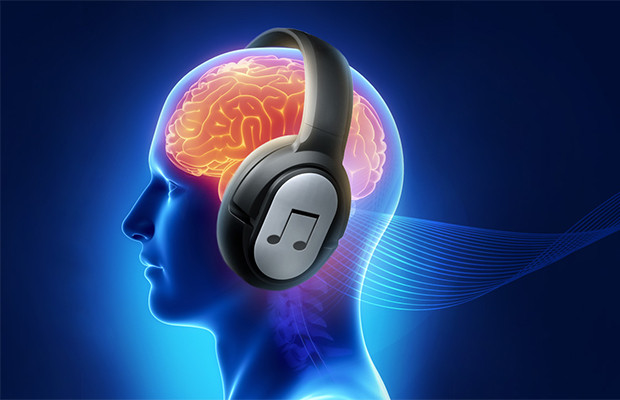
A stress is any stimulus that requires your body to respond or adapt. Although in certain situations stress can be good (resulting in improved focus and performance) living with chronic stress can lead to a multitude of health problems ranging from anxiety and depression to cancer and heart disease. Today we are succumbing to stress at an accelerated rate- not just because we have more of it- but also because we can handle so much less.
There are three types of stresses: environmental, physical and emotional. When your body perceives a stress, your nervous system responds. Known as the“fight or flight” response, the sympathetic nervous system becomes stimulated-resulting in increased heart rate, increased blood flow to the extremities, increased blood pressure and better vision. Stress hormones, such as adrenalin and cortisol are released by the adrenal glands, all of which prepare the body to fight or flee the danger by increasing muscle strength, stamina and heightening the senses. Continue reading “What Stress is Doing to Your Health”





